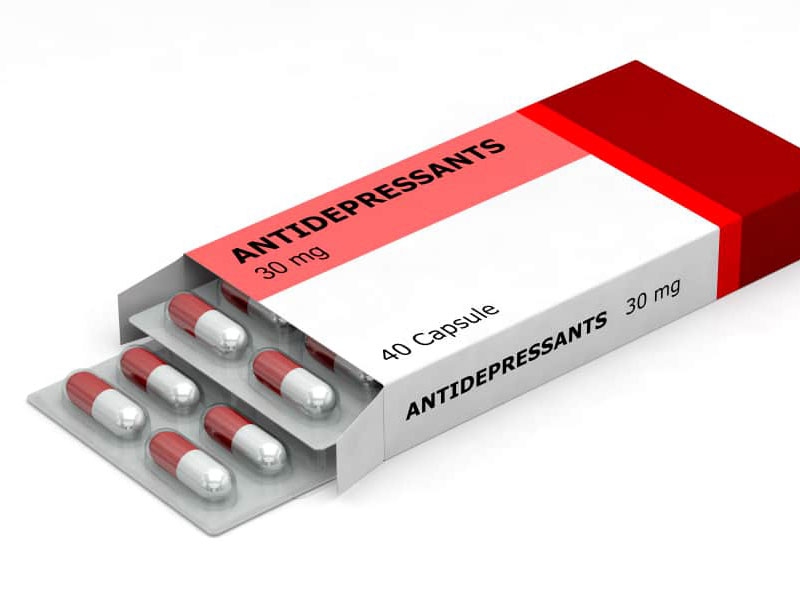A New Approach

Is there a link between sleep apnea and depression? A new study suggests that sleep apnea may be a reason some treatments for depression and other mood disorders fail.
Between 20 and 30 percent of individuals living with depression do not get the help they need from prescribed treatment. And in the United States, suicide is the 10th leading cause of death among people of any age group.
This situation, coupled with the fact that depression is the leading cause of disability worldwide, makes finding effective treatment critical.
And that’s what researchers at the Department of Psychiatry and Health Behavior at the Medical College of Georgia at Augusta University set out to do.
Their research has identified obstructive sleep apnea (OSA) as a potential reason so many individuals living with treatment-resistant depression don’t find relief. Their research also says that screening for and treating OSA could help reduce the disabling symptoms of depression.
The team working on the study found that OSA exists in many people living with treatment-resistant depression, which affects about half of the people living with major depressive disorder.
During the study, the Georgia researchers examined the rate of undiagnosed OSA during a randomized clinical trial of 125 people living with major depressive disorder and suicidal tendencies.
The trial excluded individuals who were at risk of developing OSA, including those who were obese, had restless leg syndrome or took sleeping pills regularly.
They found that 14 percent of those analyzed had the sleep disorder but had not yet been diagnosed or received treatment.
These participants did not have the usual symptoms of OSA, including daytime fatigue. Six out of the 17 diagnosed were women.
The findings were surprising, as the group most at risk of developing OSA are overweight or obese men.
Nearly a third of the participants (52 out of 125) suffered from treatment-resistant depression, and eight of these individuals also had OSA.
The study authors also noted that many underlying medical conditions can also contribute to the development of treatment-resistant depression. These conditions include hypothyroidism, artery disease and cancer.
Many people living with treatment-resistant depression go through years of invasive and costly tests in an attempt to determine the cause of their depression treatment failure.
But, the Georgia team hopes that their research moves sleep tests up the chain of diagnostic tools before doing invasive procedures such as a spinal tap.
Researchers have long known that people living with sleep apnea often experience depression and anxiety. They have also known that those living with OSA often do not respond well to conventional antidepressant therapies.
The study authors on the project also noted that treating some of the side effects of OSA can contribute to the development of treatment-resistant depression.
‘OSA can cause high blood pressure, high cholesterol and other co-morbidities,’ said Dr. Sean Endsley, a Waco, Texas, dentist.
Source: Medical College of Georgia at Augusta University. ‘Obstructive sleep apnea may be one reason depression treatment doesn’t work.’ ScienceDaily. ScienceDaily, 23 July 2019.


